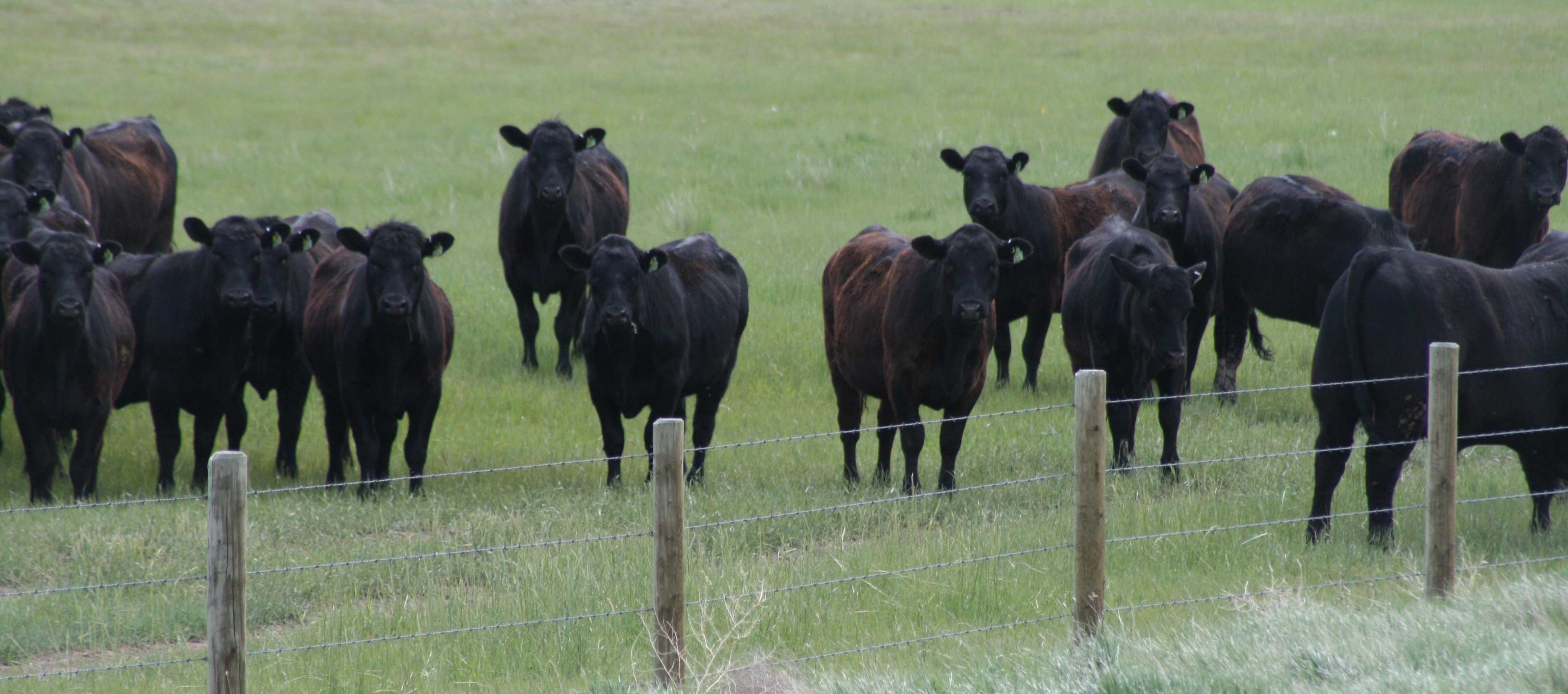Beef Industry Hit by Japanese Tariff Hike

Alberta beef producers are facing a big tariff hike in Japan and they’re not happy about it
Courtesy of CBC
Japan is imposing temporary tariffs of 50 per cent, up from 38.5 per cent, on imports of frozen beef from Canada and other countries, including the United States, until next March.
“I think it really underlines how important it is to get more certainty through agreements, like the Trans-Pacific Partnership”
The Japanese government says it’s looking to protect its beef farmers from too much foreign competition. It says the volume of the imported frozen beef from the U.S. has exceeded the quota set by World Trade Organization rules.
“Japan has been the largest export market for the U.S. for the last couple of years,” said Dennis Laycraft, executive vice president of the Canadian Cattlemen’s Association.
“It’s going to impact their prices, which impact us directly because our prices are essentially set off the U.S. market. So, if they get a lower price, we get a lower price,” he said, noting that Japan is the third largest export market for Canadian beef producers, behind the U.S. and Mexico.
Free trade
Laycraft says Canada wouldn’t be so vulnerable to tariffs if it had a free trade deal in place with Japan.“Recently, Japan has negotiated some free trade agreements — there’s one with Australia, with Chile and with Mexico — and a fair amount of the increase has come from those countries, but they’re exempt from this snapback tariff because of the bilateral agreements they have with Japan,” he said.
“I think it really underlines how important it is to get more certainty through agreements, like the Trans-Pacific Partnership.”
The Trans-Pacific Partnership is a complex 12-nation trade pact that U.S. president Donald Trump withdrew his country from in January.
Unique market
Japan is a lucrative and unique market for beef, according to Ted Haney, the president of Canadian Rocky Mountain Beef.“It has incredibly high demand for a half a dozen cuts that other markets just don’t pay the same level for. These are small muscles from the carcass used in the barbecue restaurants. It’s everything from tongues to short ribs to little muscles out of the shoulder,” said Haney.
“It’s very large volumes and a lot of profitability.”
Haney was hoping to sell more of his product to Japan, but now he says those plans are on hold.
“Well, it’s less exciting. It’s a delay for us,” he said.
With files from The Associated Press











